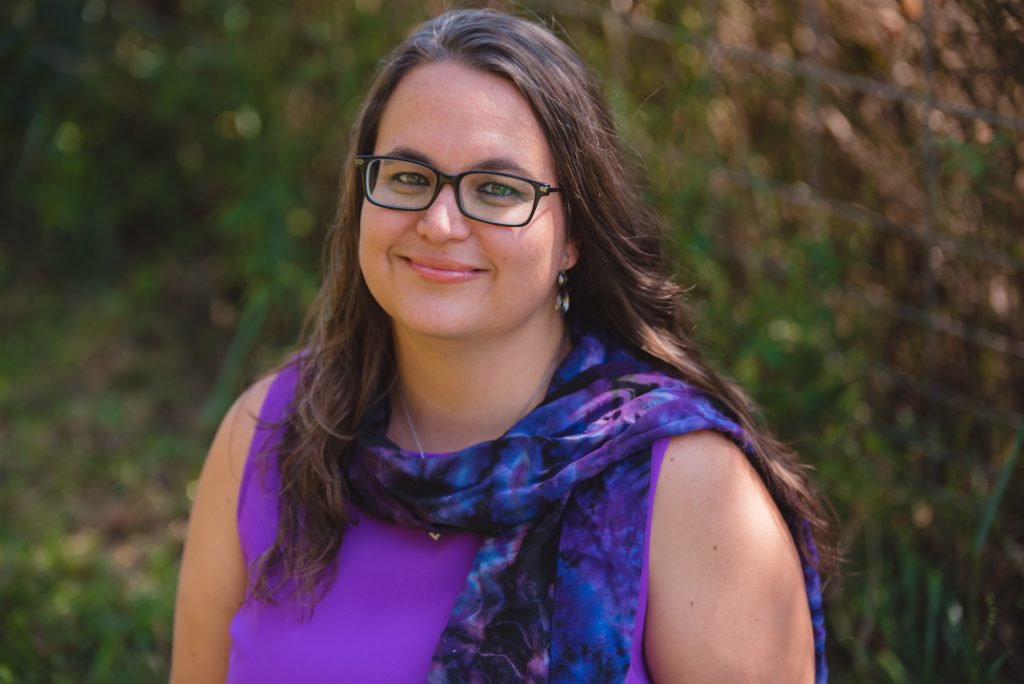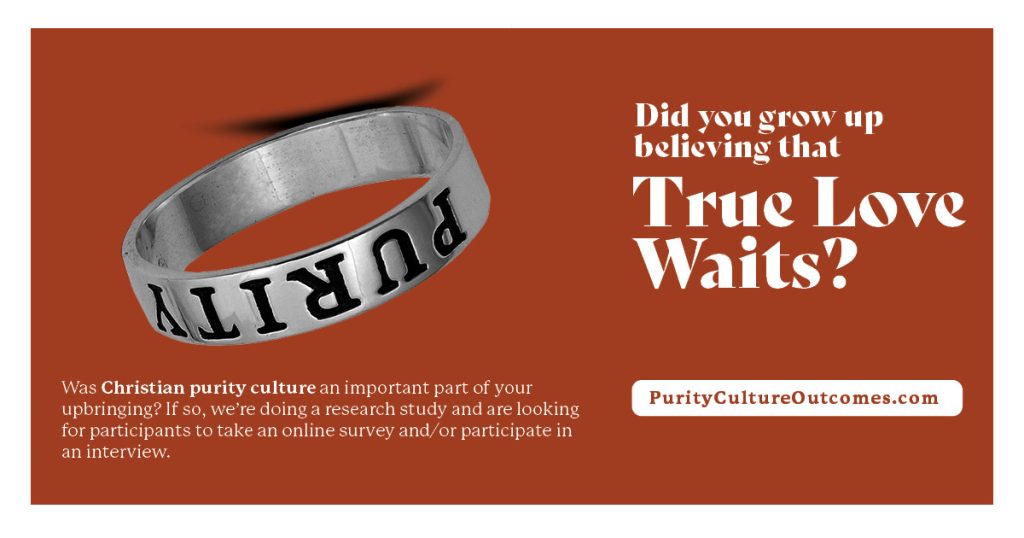Published on July 5, 2022
Evangelical Christian purity culture is a sexual ethic that emphasizes gender conformity, modest dress for girls and women, and the importance of maintaining “purity” or “virginity” until heterosexual marriage. Often taking the form of rules that must be followed, this sexual ethic has been taught extensively to children and adolescents since the early 1990’s, impacting both persons raised in Christian churches and those who were not, via mandatory abstinence-based sexual education in public schools. Academic research examining the impact of purity culture teachings on adults who were raised with this ideology is limited, especially research focusing on sexual and gender minorities who grew up within the strict heteronormative gender binary of purity culture. This study uses CQR (Consensual Qualitative Research) methodology to analyze twelve in-depth interviews with women who were raised within purity culture and currently identify as a sexual minority (bisexual, pansexual, lesbian, etc.). Findings include significant change in religious practice and beliefs with movement away from Christianity and toward syncretic or individualized spiritual practices, ongoing mental health impacts in areas of sexuality and embodied female experience, and sexual minority specific stressors. Participants experienced a persistent fear of sexual exploration and of becoming a sexual temptation to men by wearing “immodest” clothing, religious and social censure, shame regarding sexual desire, and a deprivation of knowledge related to reproductive anatomy, reproductive health, and healthy sexual behaviors. Participants faced barriers to accessing sexual education and worked to educate themselves on their own anatomy, sexuality, sexual orientation, and gender identity. Participants continue to work to claim and practice sexual autonomy, relationship boundaries, and healing from sexual shame by engaging in a variety of healing practices including counseling and therapy, social support groups, and somatic healing practices.
About the Author

Tessi Muskrat Rickabaugh is a bi-racial woman of Cherokee and Irish heritage. An upcoming graduate of the University of Missouri’s Religious Studies Program, Tessi also majored in Women’s and Gender Studies, minor in Psychology. In the fall, Tessi will be continuing her education by pursuing her PhD in Counseling Psychology, with an emphasis on the treatment of trauma occurring at the intersection of sexuality, gender, and religion. Her current research project is exploring the impact and outcomes of evangelical Christian “purity culture” on the sexuality, religion, and relationships of adults who subscribed to this teaching in their youth.
